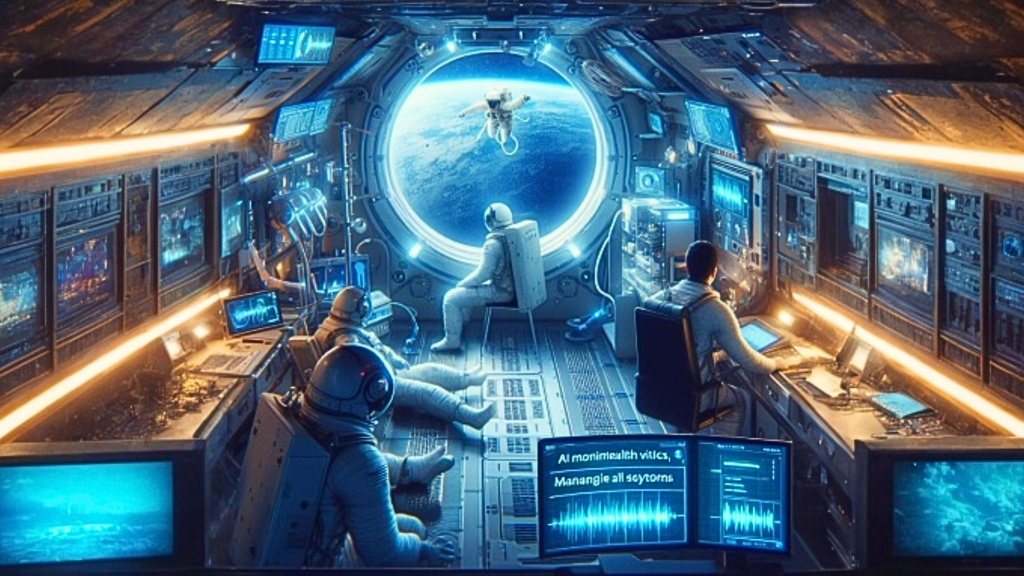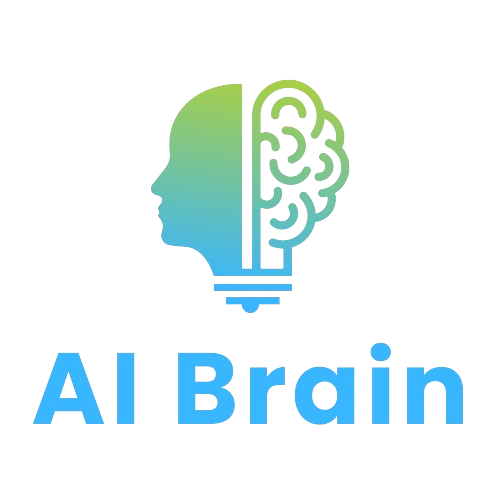Space exploration has always fascinated humans. From the first moon landing to the latest Mars rover, our quest to understand the universe has driven us to develop advanced technologies. Today, Artificial Intelligence (AI) and smart computers are playing a crucial role in exploring space, making missions more efficient and expanding our knowledge of the cosmos.

In this blog, we’ll delve into how AI and smart computers are revolutionizing space exploration.
1. Enhancing Mission Planning
One of the key ways AI and smart computers are aiding space exploration is by enhancing mission planning. Planning a space mission is incredibly complex, involving numerous variables and potential challenges. AI can analyze vast amounts of data to help scientists and engineers make informed decisions. For example, AI can process data from previous missions to predict potential risks and suggest optimal paths for new missions. This helps in reducing the uncertainty and increasing the chances of mission success.
Moreover, AI can simulate different scenarios to test various mission strategies. By running these simulations, scientists can identify the most effective approaches and anticipate possible issues before the mission even begins. This level of planning and preparation is crucial for the success of complex missions, such as those involving long-distance travel to Mars or beyond.
2. Autonomous Spacecraft and Rovers
AI is also making spacecraft and rovers more autonomous. In the past, space missions relied heavily on real-time instructions from Earth. However, as we venture further into space, communication delays become a significant issue. For instance, it takes about 20 minutes for a signal to travel from Mars to Earth. This delay makes real-time control impractical.

To address this, AI is being integrated into spacecraft and rovers, enabling them to make decisions independently. For example, the Mars rovers Curiosity and Perseverance are equipped with AI systems that allow them to navigate the Martian terrain, avoid obstacles, and conduct scientific experiments without waiting for instructions from Earth. This autonomy not only enhances the efficiency of these missions but also allows the rovers to explore more challenging environments that would be risky for human operators to control remotely.
3. Data Analysis and Discovery
Space missions generate enormous amounts of data, from images of distant planets to measurements of cosmic radiation. Analyzing this data manually is a daunting task. AI and smart computers can process and analyze data at a speed and scale that humans cannot match. They can identify patterns and anomalies in the data that might be missed by human analysts.
For instance, AI algorithms are used to analyze images from telescopes and spacecraft to detect celestial bodies, such as asteroids and exoplanets. These algorithms can sift through thousands of images quickly, identifying objects of interest and providing valuable data for further study. This capability is crucial for discovering new planets, understanding the formation of galaxies, and studying other phenomena in the universe.
AI is also used to analyze data from sensors and instruments on spacecraft. For example, AI can monitor the health and performance of spacecraft systems, predicting potential failures before they occur. This predictive maintenance ensures that missions can continue smoothly and reduces the risk of costly and dangerous malfunctions.
4. Supporting Human Space Exploration
As we prepare for future manned missions to the Moon, Mars, and beyond, AI and smart computers will play a vital role in supporting human space exploration. One of the key challenges of long-duration space missions is ensuring the health and safety of astronauts. AI can help monitor astronauts’ health, predicting potential medical issues and providing real-time recommendations for maintaining their well-being.

AI-powered systems can also assist astronauts with their daily tasks. For instance, AI can help manage the life support systems, ensuring that the environment inside the spacecraft remains safe and comfortable. AI can also assist with experiments, providing guidance and analysis to help astronauts conduct research effectively.
Furthermore, AI can support mission control on Earth. By analyzing data from the spacecraft, AI can provide mission control with real-time insights and recommendations. This collaboration between AI and human operators can enhance decision-making and problem-solving, ensuring the success of the mission.
5. Expanding Our Understanding of the Universe
Ultimately, the goal of space exploration is to expand our understanding of the universe. AI and smart computers are crucial tools in achieving this goal. They enable us to explore further, discover more, and learn faster than ever before.
For example, AI is helping scientists understand the complex data collected by telescopes and space probes. By analyzing this data, AI can uncover new insights about the origins of the universe, the nature of dark matter, and the potential for life on other planets. These discoveries are not only fascinating but also help us understand our place in the universe.

In addition, AI is enabling the development of new technologies for space exploration. For instance, AI is being used to design more efficient spacecraft, develop advanced propulsion systems, and create new materials for space travel. These innovations are pushing the boundaries of what is possible and opening up new possibilities for future missions.
Conclusion
In conclusion, AI and smart computers are transforming space exploration. They enhance mission planning, enable autonomous operations, accelerate data analysis, support human astronauts, and expand our understanding of the universe. As technology continues to advance, the role of AI in space exploration will only grow, paving the way for even more exciting discoveries and advancements. The future of space exploration is bright, and AI is leading the way.
